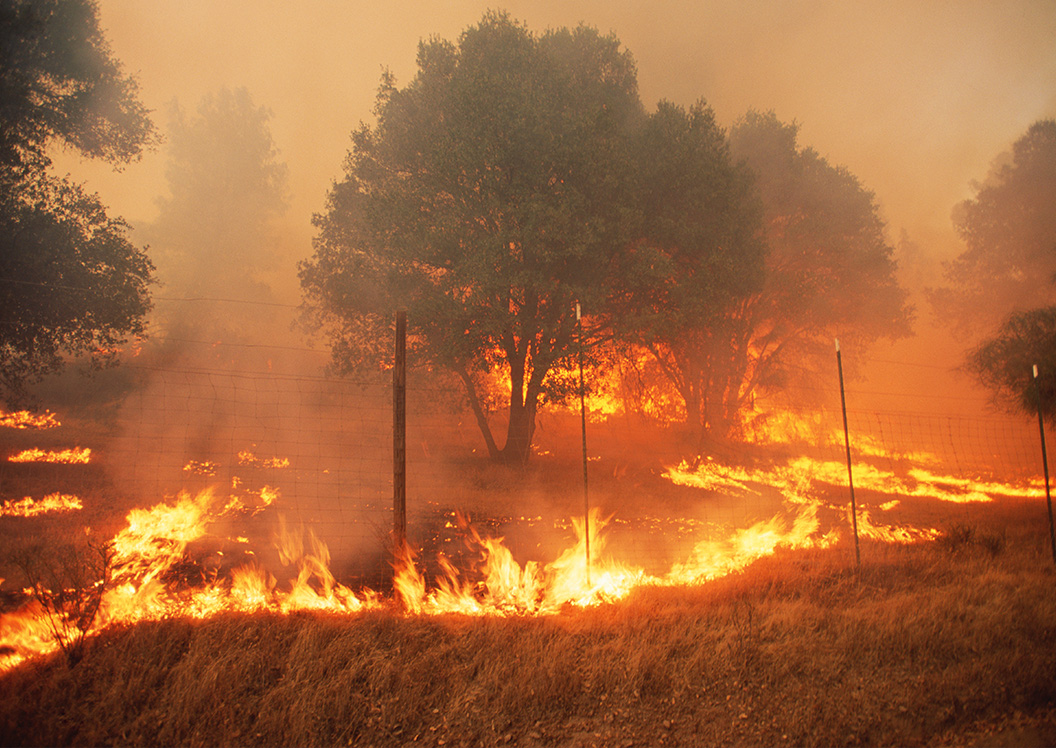As smoke from the Canadian wildfires chokes the East Coast, a less obvious event threatens the residential markets of that region and others.
Insurance companies are reducing offerings of homeowners’ policies in areas across the country vulnerable to climate change-induced floods, storms and fires, the Wall Street Journal reported.
American International Group will limit home insurance sales to wealthy customers in approximately 200 high-risk zip codes, including in New York and Florida. AIG already dialed back new business in California.
Farmers Group has quietly ceased offering new policies in Florida, citing historically high catastrophe costs and escalating reconstruction expenses. State Farm and Allstate have been scaling back their presence in California.
This has made it difficult for some homeowners to obtain insurance, which can throw a monkey wrench into home sales. Mortgage providers require borrowers to insure the property being purchased and typically bake the premium into the mortgage payment to ensure it gets paid.
A lapsed policy can leave a lender with nothing but land and a pile of charred wood to foreclose on.
Insurers in California argue that pricing restrictions prevent them from recovering the rising costs of rebuilding and losses from wildfires. Payouts to California homeowners more than doubled from 2019 to 2022, while premiums only increased by about one-third, according to the American Property Casualty Insurance Association.
Consumer advocates say major insurance companies are leveraging their power to limit policyholder protections, a move they view as exploiting the moment to achieve a long-desired objective.
The retreat leaves homeowners without many options. State Farm and Allstate were the primary insurers for multimillion-dollar homes in wildfire-prone areas such as Lake Tahoe and Carmel in California.
The reduced availability of insurance coverage is especially concerning for properties that are now deemed uninsurable, potentially leaving homeowners exposed to significant risks — and even unable to sell.
Escalating losses have prompted reinsurers to raise prices. The post-pandemic rise in inflation and supply-chain disruptions have contributed to soaring rebuilding costs.
Insurers are facing short-term losses in a market where profit margins are narrow. Firms have requested significant rate increases in response, but the rate-approval system in California has hindered their ability to adjust prices promptly.
Insurers are calling for changes to the state system, advocating for the inclusion of wildfire risk models and reinsurance costs in premium increase requests. While rate hikes have already occurred, companies believe the current system does not accurately reflect the risks posed by climate change.
— Holden Walter-Warner
Read more



